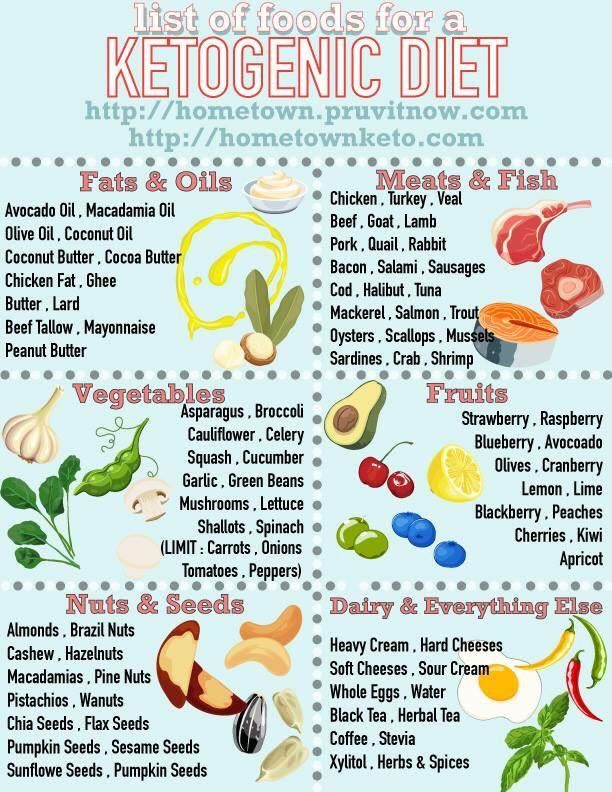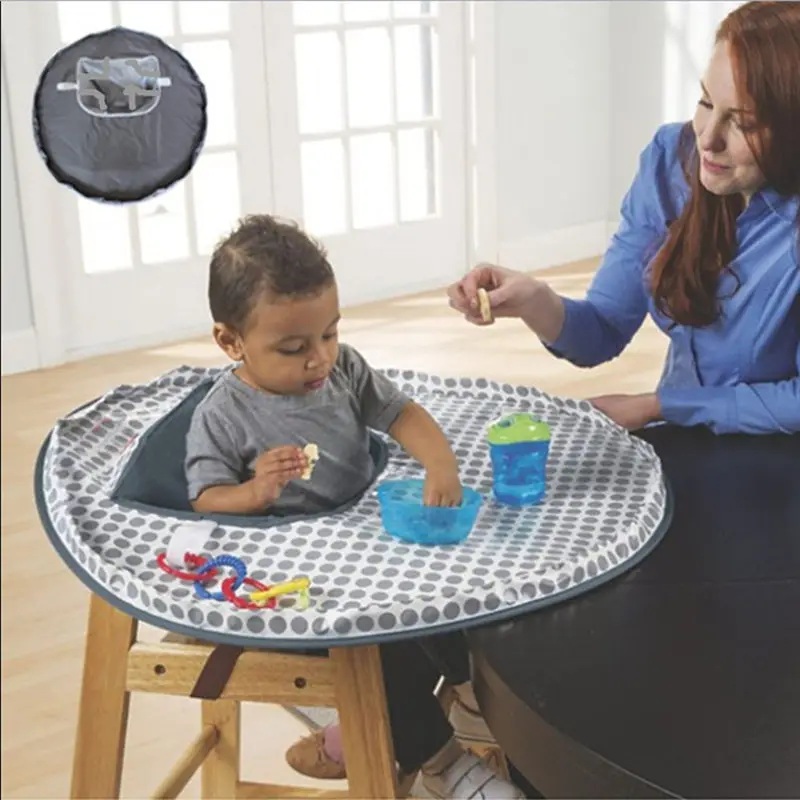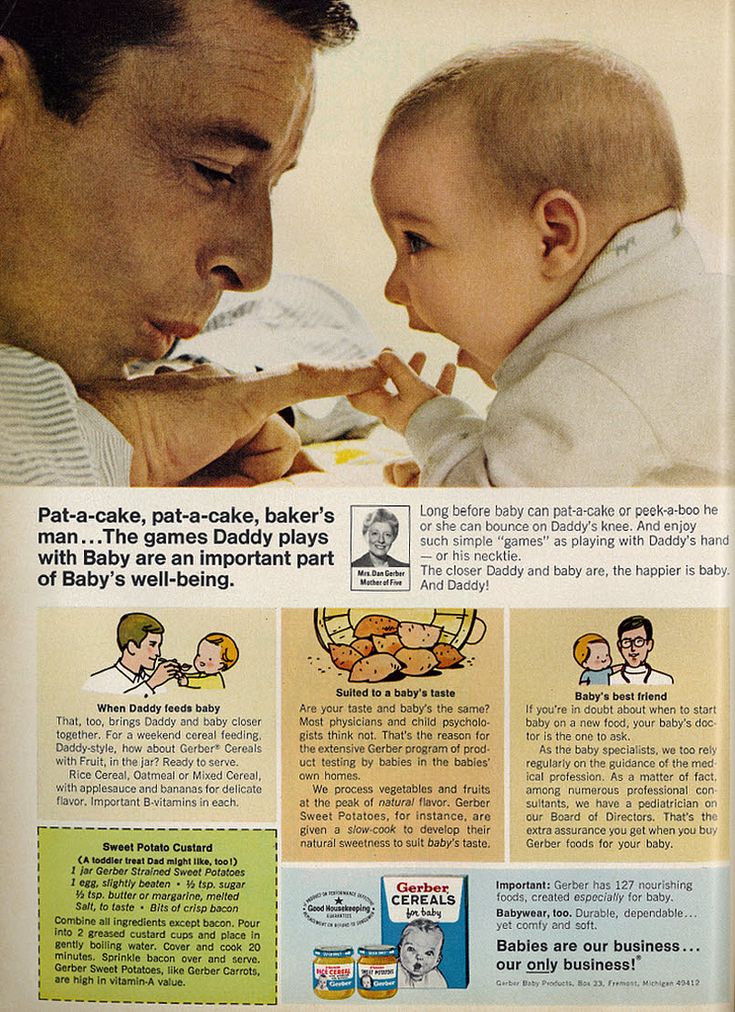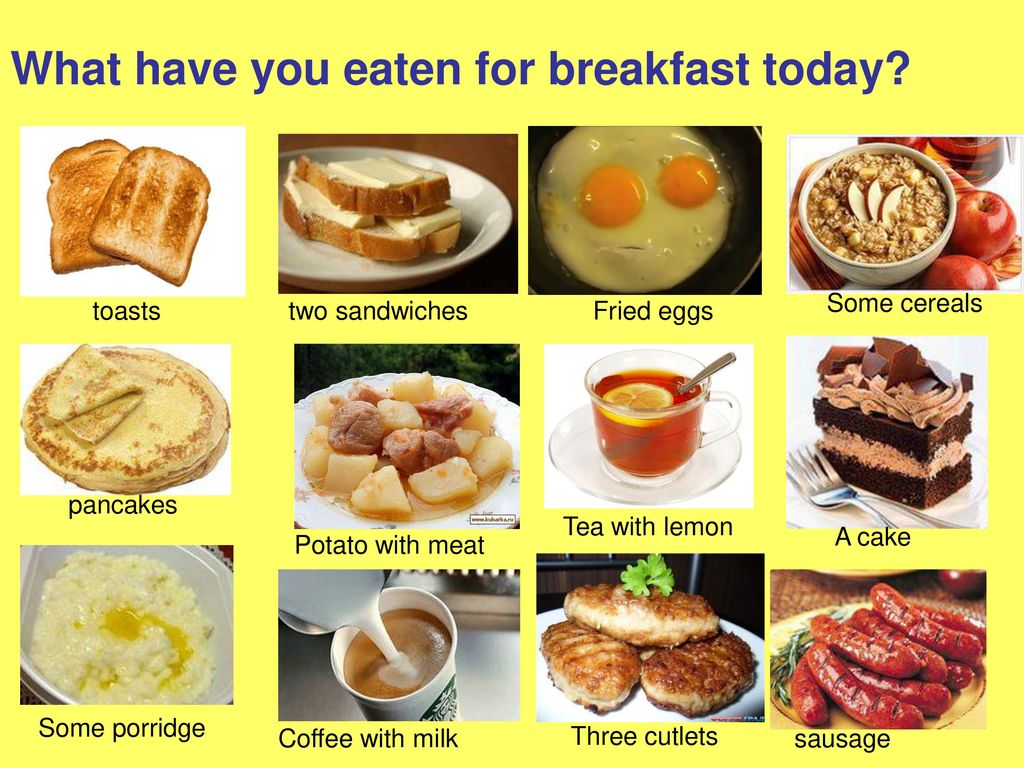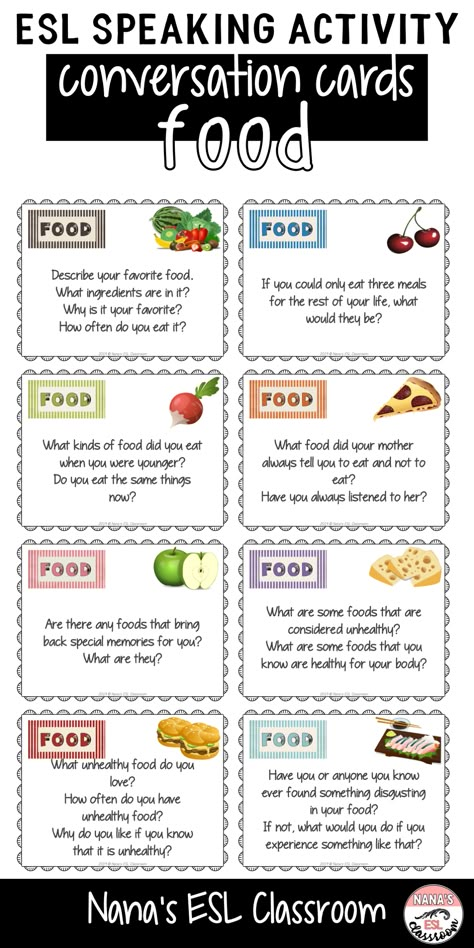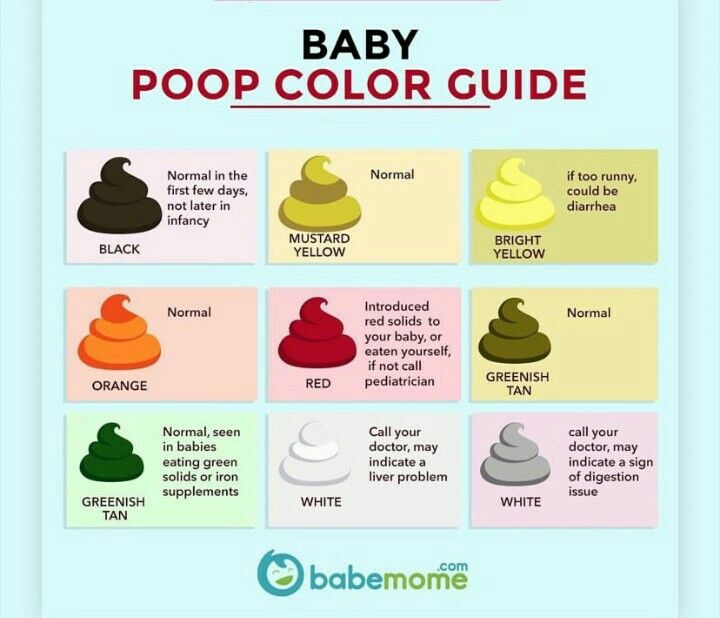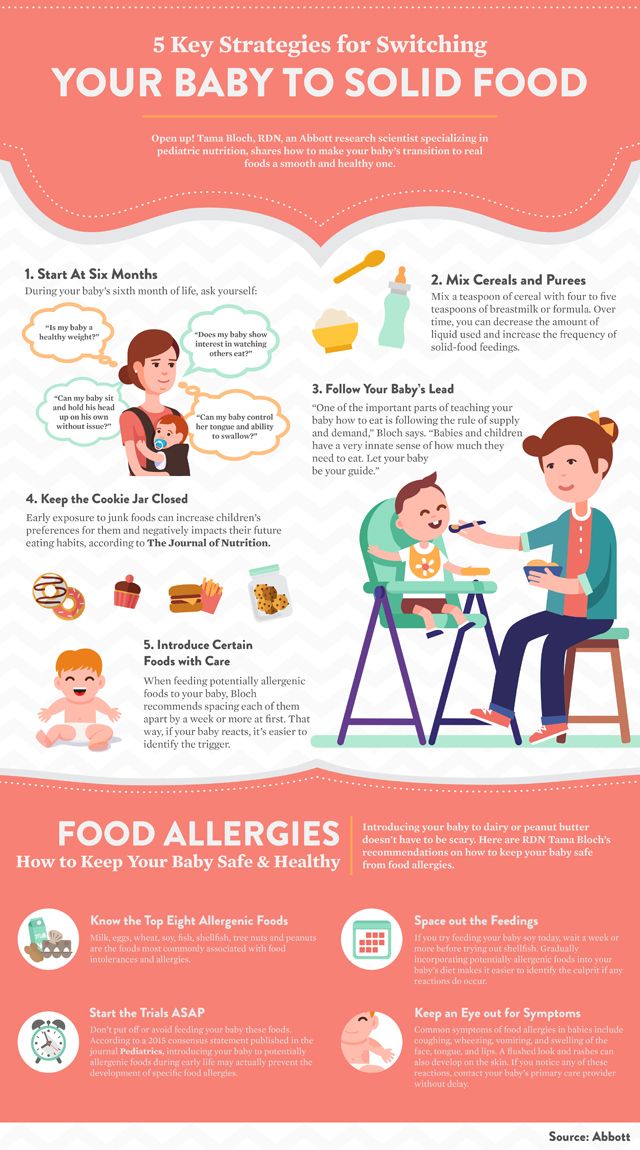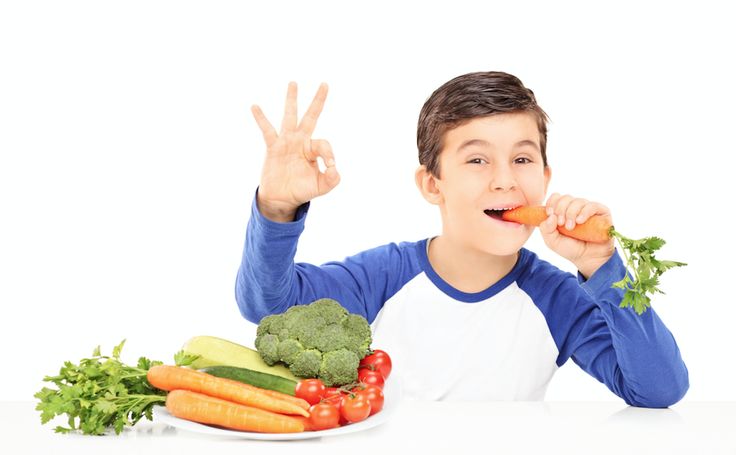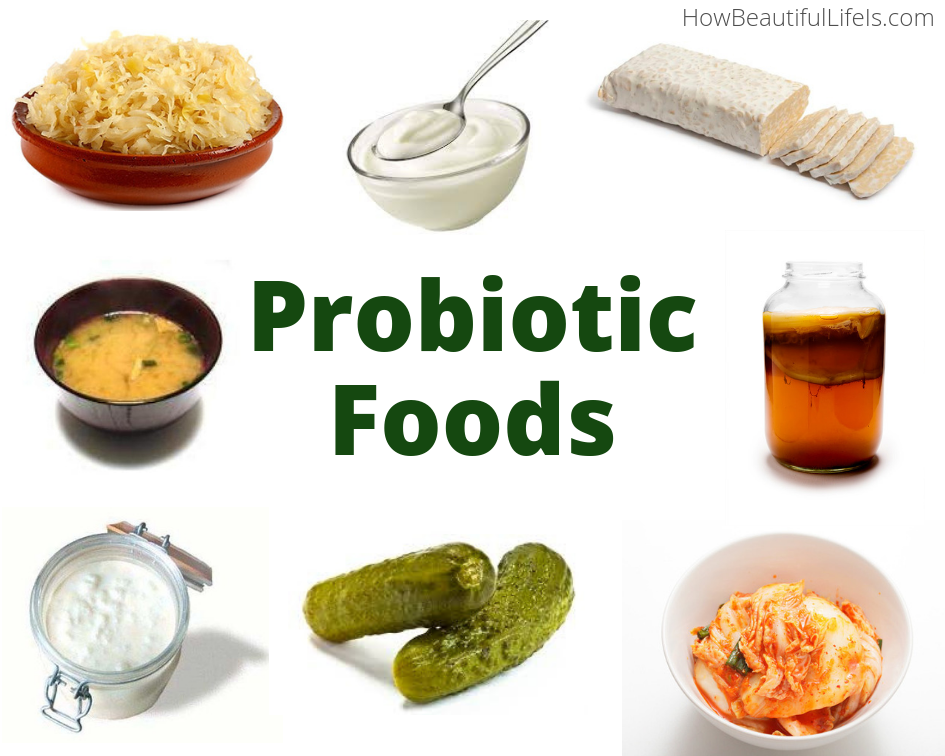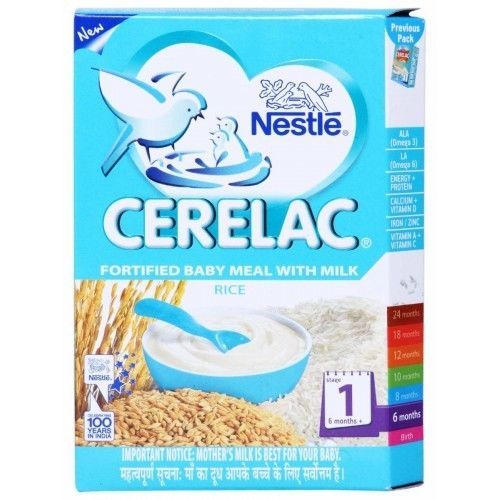When to start feeding baby food twice a day
Feeding your baby: When to start with solid foods
Up to 6 months old
From the first hour of life, through to 6 months old, your baby can receive all of the nutrition she needs to grow and develop from your milk. She doesn’t need anything else – no water, tea, juice, porridge or any other foods or fluids during this period.
Myth: Babies need solid food sooner than 6 months old
When you breastfeed your baby frequently, starting foods earlier than 6 months is not necessary and can even be harmful.
Introducing foods or fluids other than breastmilk to your baby before she is 6 months old can increase her risk of illnesses, such as diarrhoea, which can make her thin and weak, and even be life-threatening. Your baby may also breastfeed less often, so your supply of milk, her most vital food, may decrease.
A mother’s milk is the safest and healthiest food for the first 6 months of life for all children everywhere. It is a constant, safe source of essential nutrition, wherever you and your baby live in the world.
Feeding signs
If you see your baby with her hands near her mouth when she’s still younger than 6 months, you may think she’s not getting enough to eat from your milk alone. Actually your baby is showing normal feeding signs, they are just more developed now that she’s older. It doesn’t mean your baby needs solid food early. Your baby is ready when she is 6 months old.
Myth: Boys need more than breastmilk
Both baby girls and boys need the same amount of food to be healthy and grow strong and smart. Your milk alone will meet the nutrition needs of both a son or a daughter in these first months of life.
6 months and older
When your baby reaches 6 months, his rapid growth and development require more energy and nutrients than your milk alone can provide. He needs to start eating solid foods in addition to breastmilk to keep up with his growing needs.
When to feed your baby solid foods
Feed your baby whenever you see him give feeding signs. After washing hands with soap, start by giving your baby just two to three spoonfuls of soft food, such as porridge, mashed fruits or vegetables, twice a day. Continue to breastfeed as often as before.
After washing hands with soap, start by giving your baby just two to three spoonfuls of soft food, such as porridge, mashed fruits or vegetables, twice a day. Continue to breastfeed as often as before.
Non-breastfed babies
If you do not breastfeed your baby, the best time to introduce her to solid foods is also at 6 months of age. This is the age when all babies, breastfed or not, need to start getting solid foods to ensure they are getting all the nutrition their growing bodies need.
Living with HIV
If you are living with HIV, introduce your baby to his first solid foods at 6 months and continue to breastfeed him while taking your ARV medicines and following your treatment plan.
Don't wait too long to start solid food
Your baby’s body needs the extra energy and nutrients to help him to keep growing. Waiting too long may cause your baby to stop gaining weight at a healthy rate, and put him at risk of becoming thin and weak.
Balancing introducing solids with milk feeds
At around 6 months of age babies need to start having solid foods as well as breastmilk or formula. Find out how to get started with solid foods and what are the best foods to start with.
Find out how to get started with solid foods and what are the best foods to start with.
When to introduce solids?
At 6 months, your baby will still be getting most of their nutrition from breast milk or formula.
As you introduce solid foods, continue feeding with breastmilk or formula until at least 12 months of age.
Start to introduce solid foods at around 6 months of age when:
- your baby can sit up with support and has good head control
- your baby starts to show interest in food such as watching and reaching out when they see food
Even though some babies show these signs from an earlier age, continue to offer your baby breastmilk or formula if they appear hungry. This is usually all they need until around 6 months. It’s recommended that you don’t introduce solids before 4 months.
How to introduce solid foods into your baby’s diet
Start feeding your baby solids once a day. Your baby will take only small amounts of solid foods at first.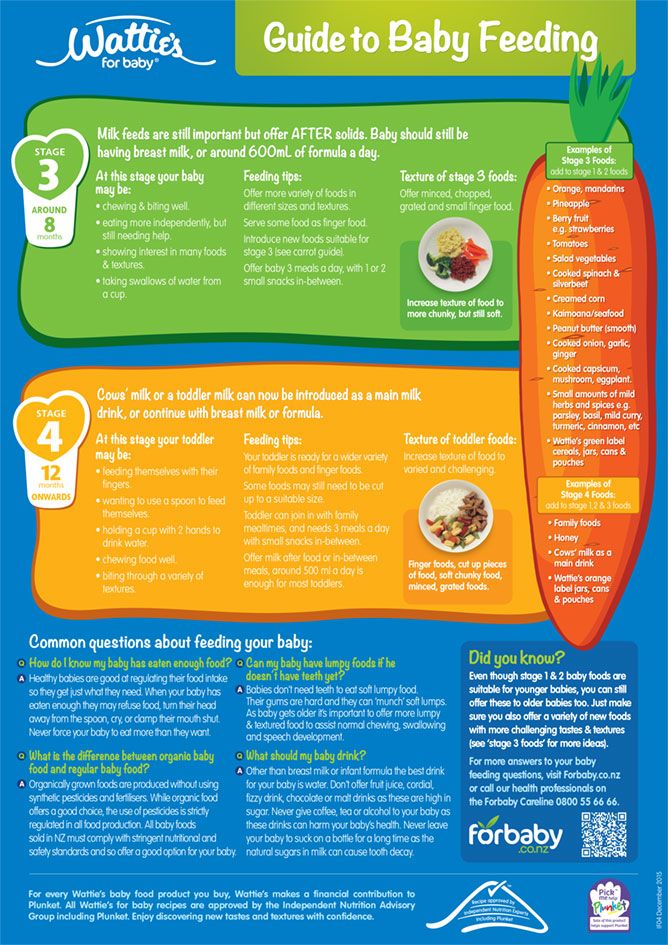 Try one teaspoon at first of pureed vegetable, fruit, or rice cereal in between milk feeds.
Try one teaspoon at first of pureed vegetable, fruit, or rice cereal in between milk feeds.
From 6 to 9 months continue to give your baby breastmilk or formula first, then try solids after the milk.
From 9 months you can try to give solids first, then breastmilk or formula. This allows for your baby to naturally transition to solids by around 12 months.
At around 8 to 9 months try giving your baby solids as part of breakfast, lunch, and dinner.
Continue breastmilk or formula through the first year of life while foods are being introduced. From around 6 months you can try small amounts of cooled boiled water out of a sippy cup.
Which foods first?
From 6 months of age baby’s first foods should contain iron. Foods that have iron, include:
- iron-fortified baby cereals
- meat
- poultry
- fish
- legumes - lentils, beans, or chickpeas
Guidelines recommend that you can introduce foods in any order and at a pace that suits your baby, family, and cultural backgrounds, as long as some foods servings contain iron.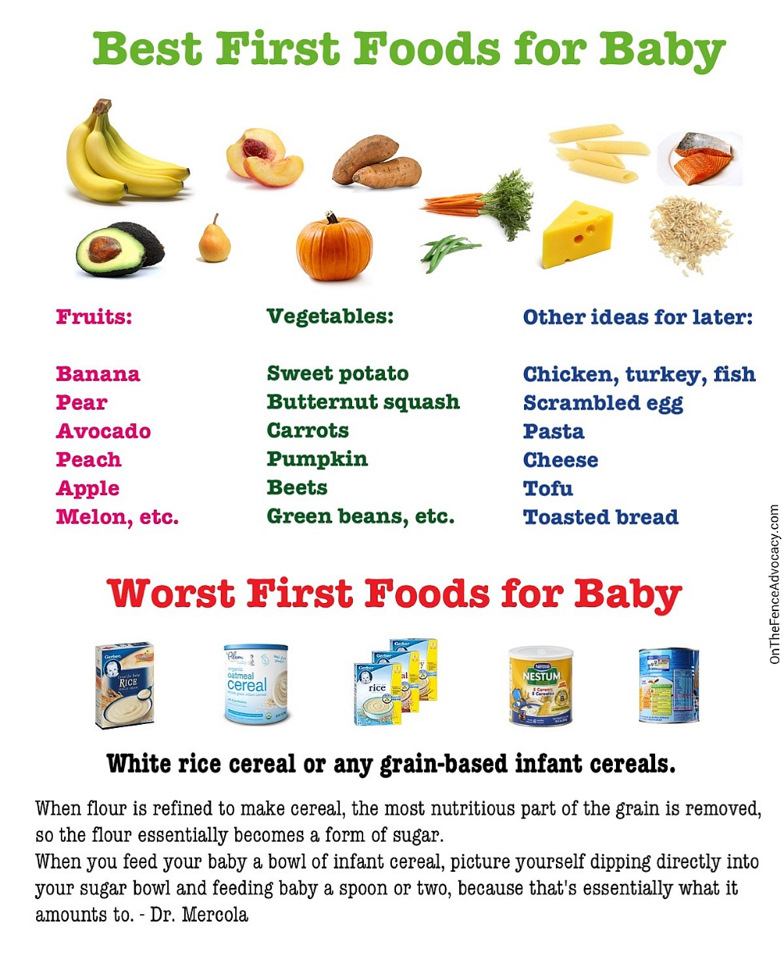
Your baby’s first foods can be smooth, mashed or have soft lumps.
Choose from the 5 food groups.
Vegetables and legumes
Give your baby cooked and pureed:
- pumpkin
- sweet potato
- carrots
- potato
- peas
- broccoli
- cauliflower
- zucchini
Over time puree them less so the texture gets lumpier.
Then introduce vegetables that are cooked but not pureed.
Fruit
Give your baby stewed and pureed:
- apples
- pears
- peaches
- apricots
- berries
Your baby might also like to try mashed ripe banana.
Gradually introduce pieces of cooked fruit, banana, peach and grated raw apple.
Avoid larger pieces of raw apple; babies can choke on them.
Grains and cereals
Give your baby fortified infant cereals (e.g. rice cereal) to start.
Move to cooked rolled oats, wholegrain breakfast biscuits (Weetbix, Vita Brits) or thick infant cereals.
Don’t add sugar or honey or offer cereals with chocolate or added sugar.
Meat, fish, poultry, eggs, legumes, tofu
Meat, fish, poultry eggs, legumes, tofu should always be pureed when you start introducing solids.
When your baby accepts this, offer them bite size pieces of:
- chicken
- minced meat
- flaked fresh or canned fish (in spring water)
- mashed tofu
- mashed legumes
- scrambled or mashed boiled eggs
Don’t add salt. Also avoid processed meats as they have a lot of salt.
Milk, cheese, yoghurt
Formula should be used only until your baby is 12 months old. Then small amounts of milk can be added to foods like porridge. Breast feeding is recommended to continue until the age of 2 or longer.
Grated cheese is good in mashed vegetables.
Choose yoghurt without added sugar. Add fruit for extra flavour
What drinks should I be giving my baby?
After 12 months of age breastmilk, water (clean tap water or bottled water) and full fat cow’s milk should be the main drinks you offer your baby.
Keep breastfeeding for as long as you and your baby like.
Switch from formula to full fat ordinary cow’s milk after 12 months. Your child doesn’t need toddler milk products. Offer your baby a cup to drink from rather than a bottle. Your one-year-old should be exclusively drinking from a toddler cup.
From about 12 months, you can try rice milk and oat milk (fortified with at least 100mg calcium/100mL) if you want. But these drinks don’t have enough protein and vitamin B12. Your baby will need to have plenty of meat, poultry, fish, eggs, yoghurt, or cheese to make up for what they’re not getting from cow’s milk.
How much should I feed my baby?
Your baby will grow at different rates at different times. Their appetite can vary, even from day to day.
Babies don’t know what to eat but they know how much. Provide wholesome, healthy unprocessed food choices. Take your cue from your baby. Babies tend to turn away or lose interest when they’ve had enough to eat.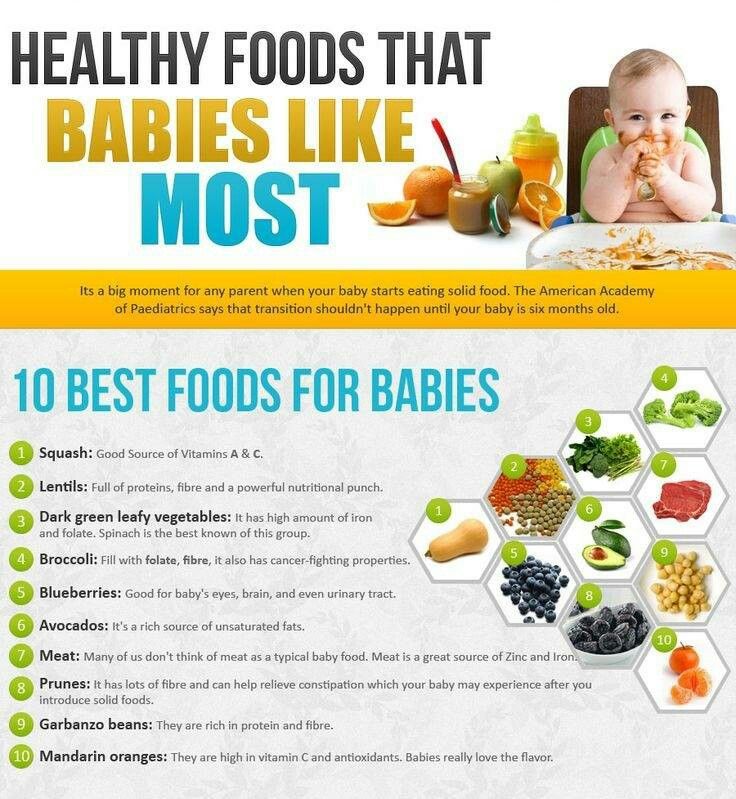
Finger foods and self-feeding
By 9 to 12 months, most babies like finger foods. Finger foods are foods they can hold themselves.
Some also like to hold their own spoon at that age. It will be messy! But learning to feed themselves is important.
By 12 months, your baby can eat the same healthy food you serve your family.
Foods to limit or avoid when introducing solids
There are some foods and drinks you should limit or avoid:
- coffee and tea, herbal drinks are not recommended
- fruit juice
- honey until 12 months (to prevent botulism)
- processed foods
- raw or runny eggs (bacteria in raw eggs can be harmful to babies)
- sugar sweetened drinks
- unpasteurised milks
Low-fat milks are not recommended in the first 2 years of life. Goat’s milk, sheep’s milk, soy milk, coconut milk and almond milk should also be avoided before the age of 2 unless your doctor recommends them.
Avoid small hard foods such as whole nuts and uncooked vegetables until 3 years. These can be choking hazards.
If your family doesn’t use animal products, your baby may need a vitamin B12 supplement. Discuss this with your doctor.
Seek help from your health care professional if you are worried about your baby’s eating or development.
Fruit — give your baby stewed and pureed apples, pears, peaches, apricots and berries, or mashed ripe banana. Gradually introduce pieces of cooked fruit, banana, peach and grated raw apple. Avoid larger pieces of raw apple; babies can choke on them.
Grains and cereals — give your baby fortified infant cereals (e.g. rice cereal) to start. Move to cooked rolled oats, wholegrain breakfast biscuits (Weetbix, Vita Brits) or thick infant cereals. Don’t add sugar or honey and don’t use cereals with chocolate or added sugar.
Meat, fish, poultry, eggs, legumes, tofu — make them pureed at the start.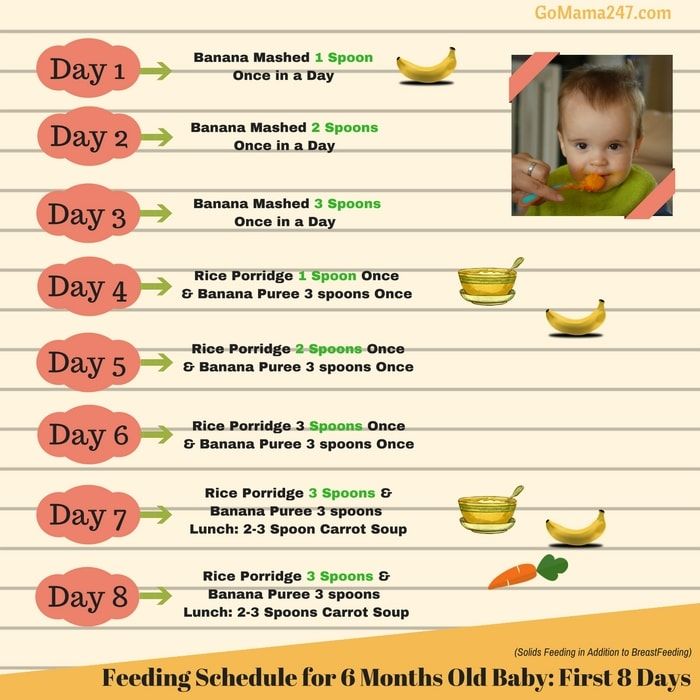 When your baby accepts this, offer them pieces of chicken, minced meat, flaked fresh or canned fish (in spring water), mashed tofu, mashed legumes, scrambled or mashed boiled eggs. Don’t add salt and avoid processed meats as they also have a lot of salts.
When your baby accepts this, offer them pieces of chicken, minced meat, flaked fresh or canned fish (in spring water), mashed tofu, mashed legumes, scrambled or mashed boiled eggs. Don’t add salt and avoid processed meats as they also have a lot of salts.
Milk, cheese, yoghurt — breast milk or formula should be used for up to 12 months, then small amounts of milk can be added to foods like porridge. Grated cheese is good in mashed vegetables. Choose yoghurt without added sugar. Add fruit for extra flavour.
How much?
Babies grow at different rates at different times. Their appetite can vary even from day to day.
Babies don’t know what to eat but they know how much. Take your cue from your baby. Healthy babies turn away or lose interest when they’ve had enough.
Finger foods and self-feeding
By 9 to 12 months, most babies like finger foods.
Some also like their own spoon at that age. It will be messy, but learning to feed themselves is important.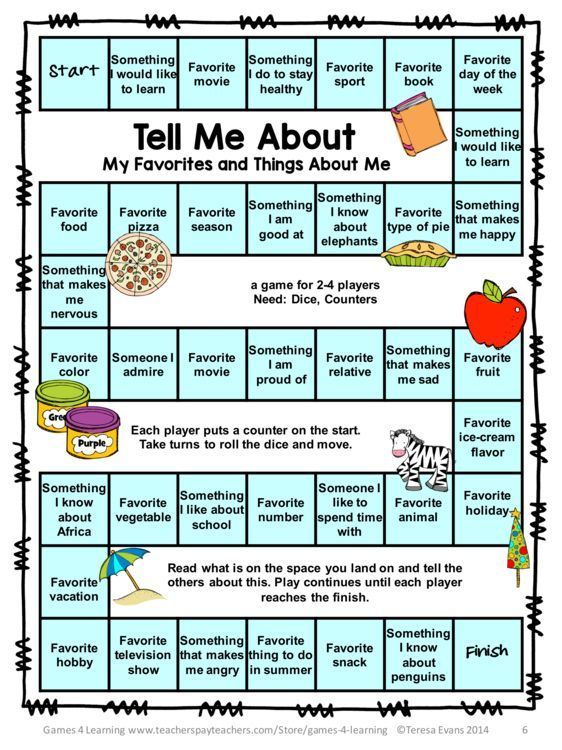
By 12 months, serve the same healthy food you serve your family, but without hot spices.
Encourage infants to feed themselves.
If you have stopped breastfeeding, switch to ordinary cow’s milk after 12 months. Use a cup rather than a bottle. Limit the amount of cow’s milk to around 500ml per day. Under health professional supervision, you can use full fat rice milk or oat milk with at least 100mg calcium per 100mL if you want, as long as other sources of protein are included (meat, chicken, fish, eggs, legumes or nut butters).
Your child doesn’t need toddler milk products.
If your family doesn’t use animal products, your baby may need a vitamin B12 supplement. Discuss this with your doctor.
Learn more here about the development and quality assurance of healthdirect content.
90,000 page did not findHow to calculate maternity payments
Suspicious: Mass SMS with activation codes from different services
The neural network draws anime: how to process photos using Different Dimension ME
New unified allowance for children under 17 from 2023: basic conditions0026 See all
Diaries of expenses
Investments for beginners
Financial pillow
benefits from the state
How to rent an apartment
How to extinguish a loan 9000 9000 9000 9000 9000 9000 How to rent an apartment0003
How to pay off a loan
cm. All
10 things can make a fraudster who seized the data of your passport
What is credit history
Benefits from the state
How to rent an apartment
0003
Investments for beginners
Financial pillow
benefits from the state
How to rent an apartment
How to repay a loan
cm. All
10 things that can make a fraudman, which will be able who took possession of your passport data
What is a credit history
How to get a US green card
How to use the neural network to generate drawings Midjourney: Correctly draw up a request
How to become an honorary blood donor
How to register a car in the GD
How I ordered a car from Japan
The thermometer broke, what should I do?
How to exchange the rights
How I was deceived by 15 000 ₽ with Avito-Delivery
As I worked in webcam
How to choose the right condom: detailed instructions
Best of six months
See all
How to choose the right condom: detailed instructions
Partial mobilization in Russia: how will it take place, who will fall, who will not call
Suspicious: Mass SMS with different services from different services
How to calculate maternity payments
0003
Is it possible to leave Russia after the announcement of partial mobilization
What is credit history
10 things that a scammer can do who has taken possession of your passport data
A new unified benefit for children under 17 years old from 2023: Basic conditions
The neural network draws anime: how to process photos using Different Dimension ME
The thermometer broke, what should I do?
How to exchange the license
How I ordered a car from Japan0006
How to get the US Green Carter
How to become a blood honorary donor
Courses will help
cm. All
landscaping the house
Win burnout
Select apartment
Improve life using exela

